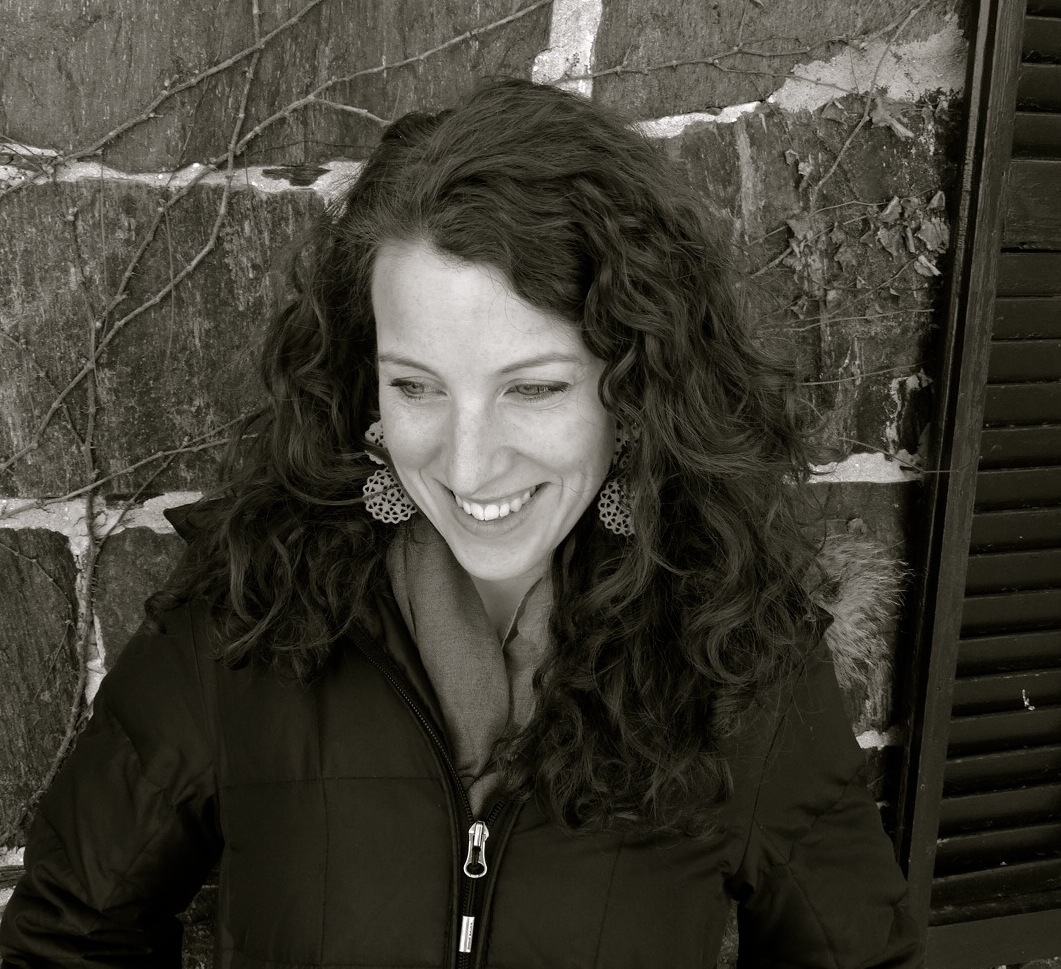
Accustomed to Danger
Contributor’s Marginalia: Chelsea Woodard on “Lady Smith” by Jess Smith
Maybe as a consequence of spending so many hours squinting at negative spaces and figures on paper, or maybe as a side effect of the long New England winter, when I read Jess Smith’s arresting poem, “Lady Smith,” I was left without words, and instead, with a dominant image. Reading “Lady Smith,” I was struck by the juxtaposition of love and death, the necessary brushing up of one against the other (in the speaker’s particular world)––the inevitable annihilation lurking should the relationship continue; the speaker, at the end of the poem, drawing a heart with the gifted gun on her lover’s chest. The speaker’s uncertainty, then adoption, of the ownership of the gun––here an ultimate, terrifying agency––also seems inevitable. When Smith opens the poem with “a room full of skulls,” some with “fur / still clinging,” the imagery suddenly filled the dim room where I was sitting with stark whiteness and dark hollows, cavities created and later cleaned out. In confronting her significant other, and the sometimes-terrifying nature of love, the speaker seems required to look death in the face as well. For me, death, here, was embodied in the skull, a deer skull because one is mentioned in the first stanza of the poem and because, in my current landscape, there are deer under the oak trees nosing through snow out our window. A deer is beautiful in its flight and open stare. The deer seemed the appropriate symbol for the mood of this gorgeous poem––something that looks directly and purely, always poised to leave––like the speaker says in stanza five she would like to—always accustomed to danger.

“Deer Skull” (pencil on paper)

“Deer Skull, Birches, Deer” (charcoal on paper)
